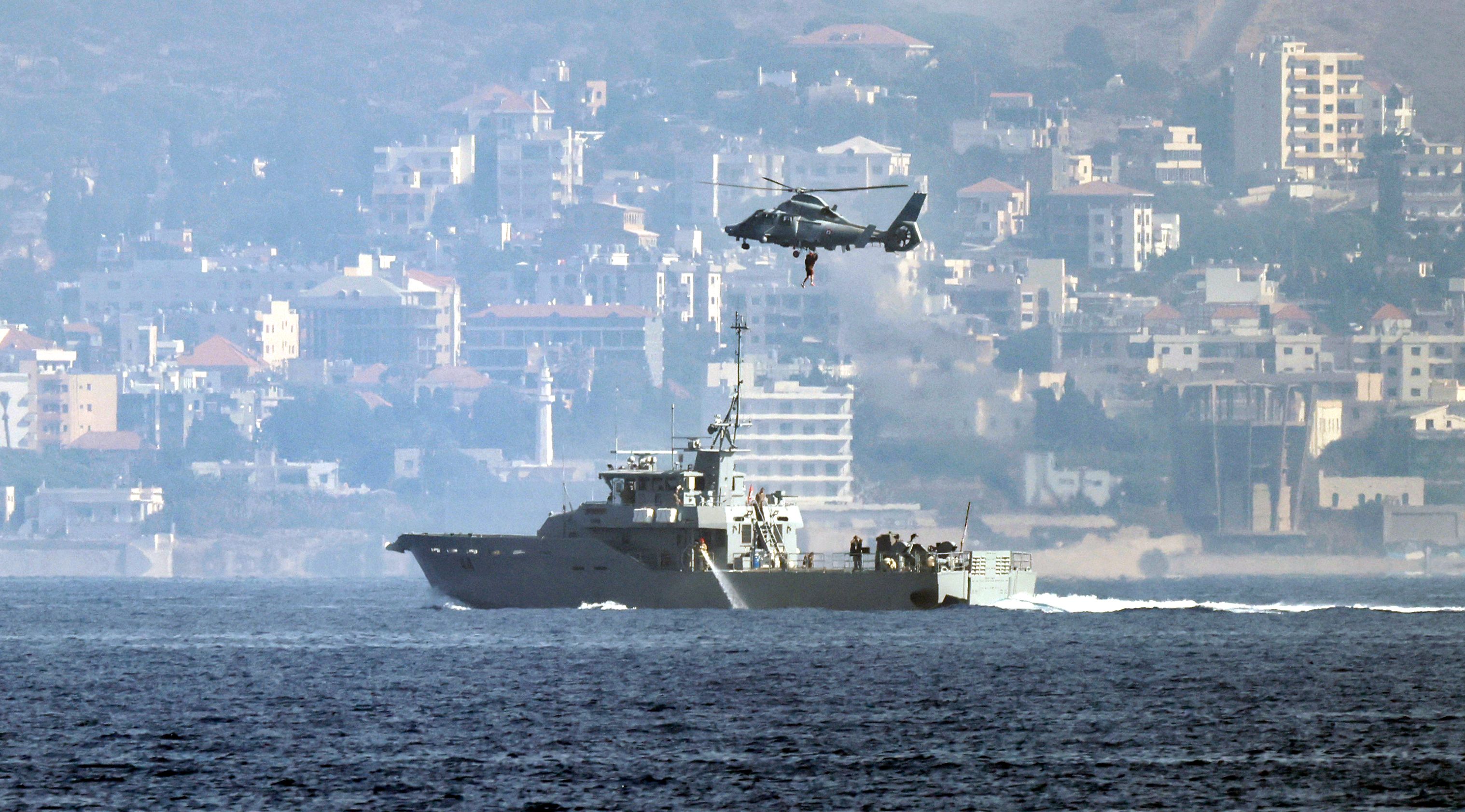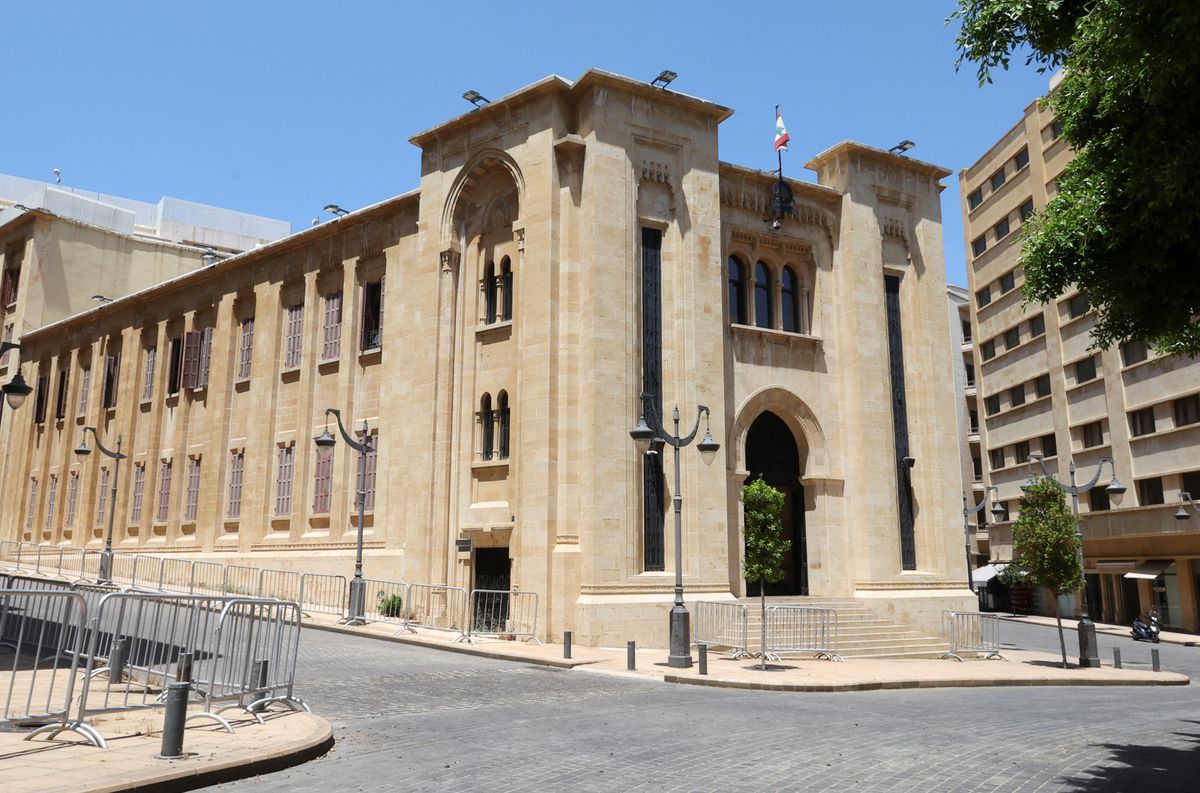
Exploring the Potential of Natural Gas in Lebanon’s Energy Market.
by energyportal.eu -- Lebanon, a small Mediterranean country, has been facing an energy crisis for years. The country’s energy infrastructure is outdated, and its electricity sector is struggling to meet the growing demand. Frequent power outages and an overreliance on expensive and polluting diesel generators have become the norm for many Lebanese households and businesses. However, recent discoveries of natural gas reserves in the Eastern Mediterranean could offer a solution to Lebanon’s energy woes. In 2017, Lebanon’s government approved the country’s first offshore oil and gas exploration licenses, opening up the potential for tapping into the vast natural gas reserves in the Levant Basin. According to the United States Geological Survey, the Levant Basin, which stretches from the coasts of Israel, Lebanon, and Cyprus, holds an estimated 122 trillion cubic feet of natural gas. This presents a significant opportunity for Lebanon to diversify its energy mix and reduce its dependence on costly and polluting fossil fuels.
The development of Lebanon’s natural gas sector could have numerous benefits for the country’s economy and environment. Firstly, natural gas is a cleaner and more efficient source of energy compared to oil and coal. By transitioning to natural gas, Lebanon could significantly reduce its greenhouse gas emissions and improve air quality, which has been a growing concern in recent years. Additionally, natural gas is a more cost-effective energy source, which could help lower electricity prices for consumers and reduce the financial burden on the government. Furthermore, the development of Lebanon’s natural gas industry could create much-needed jobs and stimulate economic growth. The energy sector has been identified as a key driver of economic development in Lebanon, and the exploitation of natural gas reserves could attract foreign investment and boost the country’s GDP. In a country with high unemployment rates and a struggling economy, the potential for job creation and economic growth cannot be understated.
DUBAI, (Reuters) – The United Arab Emirates in the coming days will lift a temporary restriction on issuing visas to Lebanese nationals …

The 12th session to elect a new President of the Republic did not lead to ending the presidential vacancy, as was expected, given the withdrawal of supporters of the “Marada Movement” leader, Suleiman Franjieh, from the hall. The “Lebanese Forces” accused the withdrawal of obstructing the presidential elections, in exchange for calls for dialogue issued by Franjieh and Parliament Speaker Nabih Berri. With the exception of Franjieh obtaining 51 votes, in contrast to the former minister Jihad Azour’s obtaining 59 votes, no significant surprises emerged, given that the political forces supporting Azour poured their votes into the fund in his favour, as the commitment of the “Lebanese Forces” and the “Free Patriotic Movement” emerged. And the “Progressive Socialist Party” and the “Lebanese Kataeb Party” and some independents and changeists took the position, while Franjieh’s supporters committed to voting for him, led by “Hezbollah” and “Amal Movement” and their allies, in exchange for canceled papers and other votes proving that they have not decided Their choice is still in favor of one of the two weighted candidates.
A candidate in the first round needs a two-thirds majority, or 86 votes, to win. The required majority, if a second round takes place, becomes 65 votes. But the quorum requires the presence of two-thirds in the two sessions. The first session of the session, which was inaugurated by Parliament Speaker Nabih Berri, was attended by all 128 members of parliament, but it did not result in electing a president, with the main candidates, Franjieh, who is supported by Hezbollah, and Azour, who is supported by significant blocs opposed to the party, with a close number of votes. Azour got 59 votes in the first round, while Franjieh got 51 votes. And as soon as the votes began to be counted, a number of deputies withdrew, led by representatives of “Hezbollah” and “Amal Movement”, which led to the overthrow of the quorum for the second session, in a repetition of the previous scenario, which overthrew 11 sessions over a period of 7 months.
by english.alarabiya.net — The US on Wednesday called on Lebanon’s leaders and “elites” to stop putting their own interests and ambitions above …
Khazen History


Historical Feature:
Churches and Monasteries of the Khazen family

St. Anthony of Padua Church in Ballouneh
Mar Abda Church in Bakaatit Kanaan
Saint Michael Church in Bkaatouta
Saint Therese Church in Qolayaat
Saint Simeon Stylites (مار سمعان العامودي) Church In Ajaltoun
Virgin Mary Church (سيدة المعونات) in Sheilé
Assumption of Mary Church in Ballouneh
1 - The sword of the Maronite Prince
2 - LES KHAZEN CONSULS DE FRANCE
3 - LES MARONITES & LES KHAZEN
4 - LES MAAN & LES KHAZEN
5 - ORIGINE DE LA FAMILLE
Population Movements to Keserwan - The Khazens and The Maans
ما جاء عن الثورة في المقاطعة الكسروانية
ثورة أهالي كسروان على المشايخ الخوازنة وأسبابها
Origins of the "Prince of Maronite" Title
Growing diversity: the Khazin sheiks and the clergy in the first decades of the 18th century
Historical Members:
Barbar Beik El Khazen [English]
Patriach Toubia Kaiss El Khazen(Biography & Life Part1 Part2) (Arabic)
Patriach Youssef Dargham El Khazen (Cont'd)
Cheikh Bishara Jafal El Khazen
Patriarch Youssef Raji El Khazen
The Martyrs Cheikh Philippe & Cheikh Farid El Khazen
Cheikh Nawfal El Khazen (Consul De France)
Cheikh Hossun El Khazen (Consul De France)
Cheikh Abou-Nawfal El Khazen (Consul De France)
Cheikh Francis Abee Nader & his son Yousef
Cheikh Abou-Kanso El Khazen (Consul De France)
Cheikh Abou Nader El Khazen
Cheikh Chafic El Khazen
Cheikh Keserwan El Khazen
Cheikh Serhal El Khazen [English]
Cheikh Rafiq El Khazen [English]
Cheikh Hanna El Khazen
Cheikha Arzi El Khazen
Marie El Khazen